Search
Search within
1447 results found
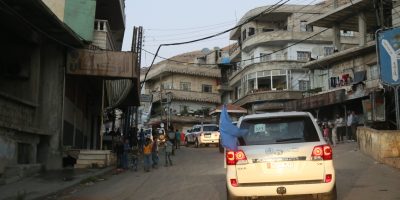
Background report
How Urbanization Affects the Epidemiology of Emerging Infectious Diseases
The world is becoming more urban every day, and the process has been ongoing since the industrial revolution in the 18th century. The United Nations now estimates that 3.9 billion people live in urban centres. The rapid influx of residents…
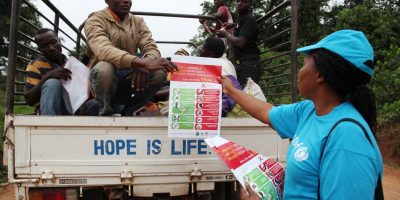
Evidence review
Ebola – Traditional Healers, Witch Doctors, Burial Attendants
This helpdesk focuses on the impact of traditional healers, witch doctors and burial attendants on ebola in West Africa. It seeks to establish if there is a difference between witch doctors, herbalists and traditional healers in terms of when people…
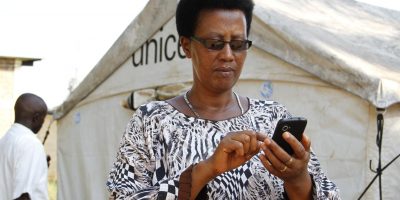
Evidence review
Lessons Learned: Social Media Monitoring during Humanitarian Crises
Monitoring of social media conversations in the aftermath of the Nepal earthquake was found mainly to be useful in two ways: 1. Analysing public reactions to media reports: The data enabled the team and clients to see which issues were…
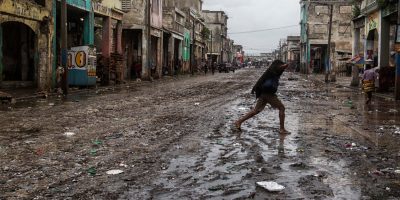
Evidence review
Rapid Humanitarian Assessment in Urban Settings
This Technical Brief is intended to be a starting point for improving coordinated needs assessments in urban areas, without which the humanitarian community will not be able to ensure the quality and accountability of urban response itself. It provides guidance…
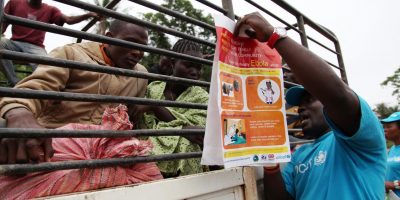
Briefing
Ebola in West Africa Guinea: Resistance to the Ebola Response
Resistance to the Ebola response has been more widespread and more severe in Guinea, than in Liberia and Sierra Leone, with sometimes violent incidents. This is due to a complex interaction of many factors, including underlying causes and the nature…
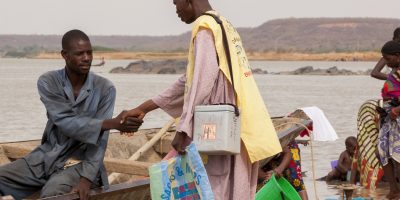
Background report
A dangerous divide: the state of inequality in Malawi
This report examines the sharp rise in inequality in Malawi between 2004/5 and 2010/11, and models the link between poverty, inequality and growth from 2015 to 2020.
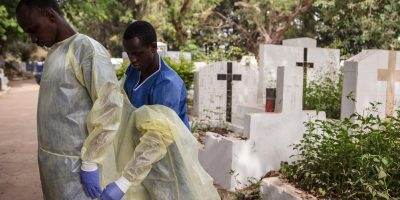
Background report
Biosocial Approaches to the 2013-2016 Ebola Pandemic
Despite more than 25 documented outbreaks of Ebola since 1976, our understanding of the disease is limited, in particular the social, political, ecological, and economic forces that promote (or limit) its spread.In the following study, we seek to provide new…
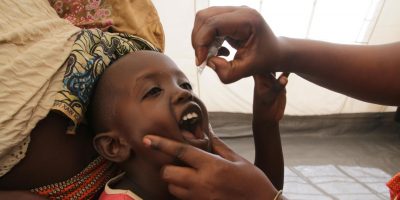
Background report
Interview with Francisco Songane: Evidence of Impact of Human Rights-Based Approaches to Health
Dr. Francisco Songane was Mozambique’s minister of health from 2000 to 2004. During his tenure, he oversaw the introduction of innovative strategies to tackle malaria and hepatitis B. In addition to ensuring the inclusion of HIV treatment in the public…
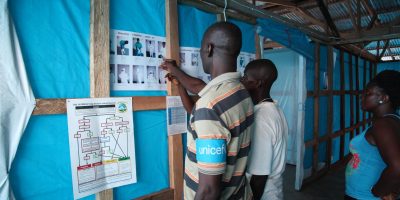
Briefing
Diaspora Communications and Health Seeking Behaviour in the Time of Ebola: Findings from the Sierra Leonean Community in London
The Sierra Leonean diaspora was active in responding to the Ebola outbreak that hit Sierra Leone in March 2014, both by providing financial and material support, and through direct communication with relatives, friends and colleagues back home. This paper looks…
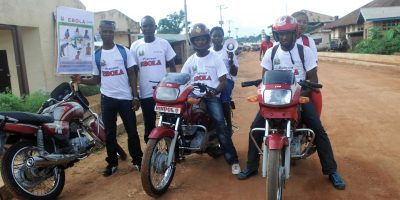
Briefing
Communities are the Real Heroes – Doing Social Mobilisation Differently: Lessons and Recommendations from the Ebola Outbreak
The Ebola outbreak in West Africa has reinvigorated the debate about the role of ‘social mobilisation’ and ‘community engagement’, not only in response to devastating disease but a range of other intractable issues affecting Africa and the rest of the…
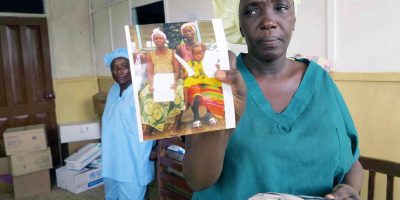
Briefing
Contextualising Ebola Rumours from a Political, Historical and Social Perspective to Understand People’s Perceptions of Ebola and the Responses to it
This briefing explores how rumours about Ebola in Sierra Leone influences people’s perception and response to Ebola, from the political, historical and social perspectives. Despite the efforts of the World Health Organisation to control the Ebola outbreak, achieving zero cases…
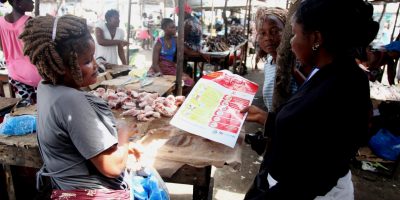
Evidence review
Children’s Ebola Recovery Assessment: Sierra Leone
Nearly half the population of Sierra Leone is under the age of 18 years and the impact of the Ebola crisis on their lives now and on their future opportunities has been far-reaching: no school; loss of family members and…


